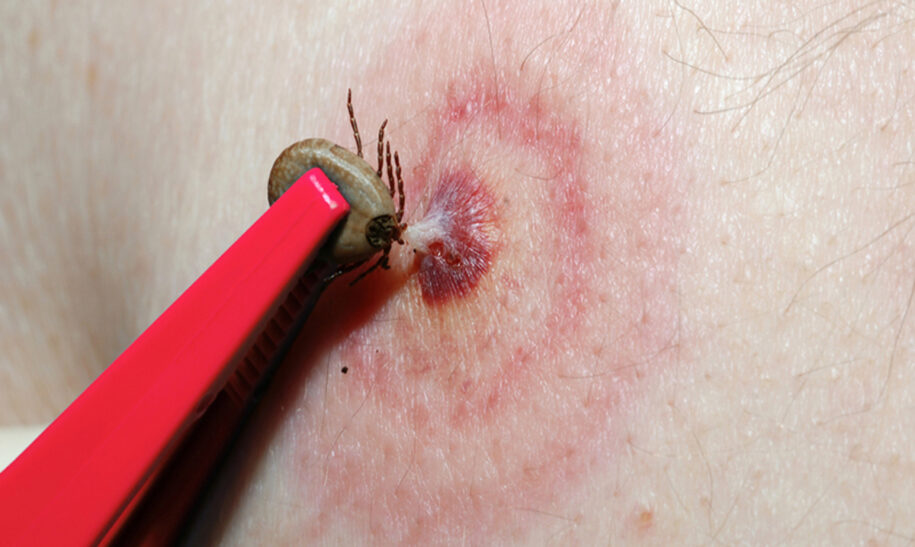
Man Dies From Rare, New Disease Associated with Tick Bites
Several years ago a man from Kansas ended up in the hospital with an unknown disease. No one could pinpoint why exactly his organs were failing, but they were.
Doctors tried everything they could think of when it came to treatment but after ten long intense days of fighting his lungs failed and his blood pressure collapsed. Dana Hawkinson an infectious disease specialist at that hospital (the University of Kansas Hospital) suspected that this could have been tick related but it was not until the CDC examined a sample of the man’s blood was a new pathogen found.
This pathogen is similar to overseas illnesses that are spread by mosquitoes and ticks. They named it the Bourbon Virus. Of course, several years have passed since this virus was discovered but it still is very much a mystery to us. We do not know much about it at all. There was a second case reported in Oklahoma after the first year of being known but it seems many other cases have gone undiagnosed.
Symptoms of this disease are generally nonspecific which makes them very hard to identify. Some of the more mild symptoms can include things like the following.
- Muscle Aches
- Vomiting
- Nausea
- Headaches
- Malaise
- Fever
The CDC currently requires a person to have a number of specific symptoms before they will even consider testing for this virus which is making things a bit complicated and as mentioned above causing several cases to go undiagnosed. Tick prevention is extremely important if you want to keep your family and yourself safe. For more on this virus please take the time to watch the video below.


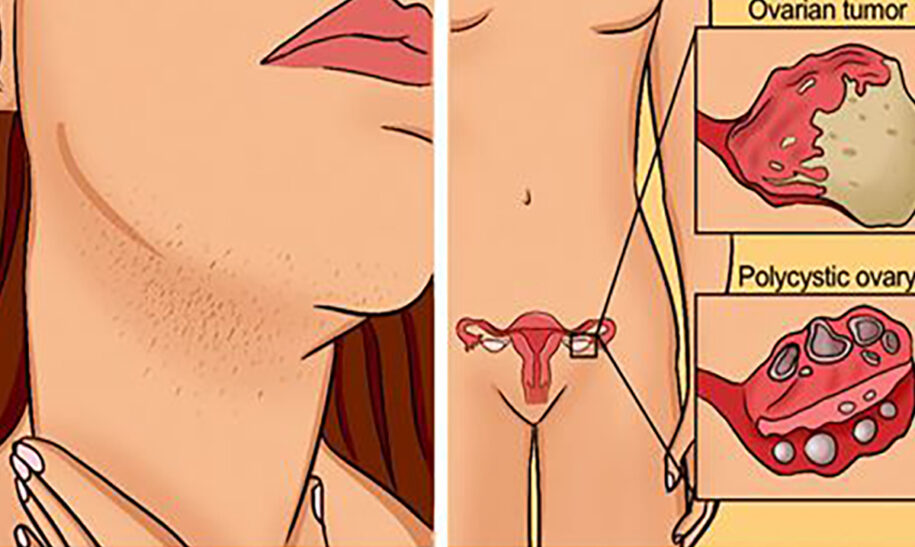
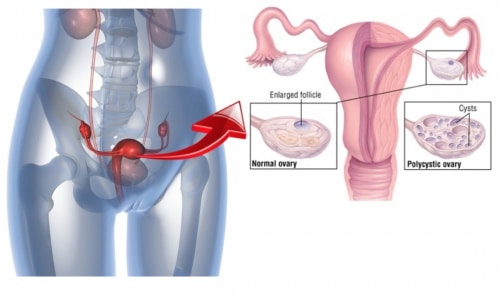
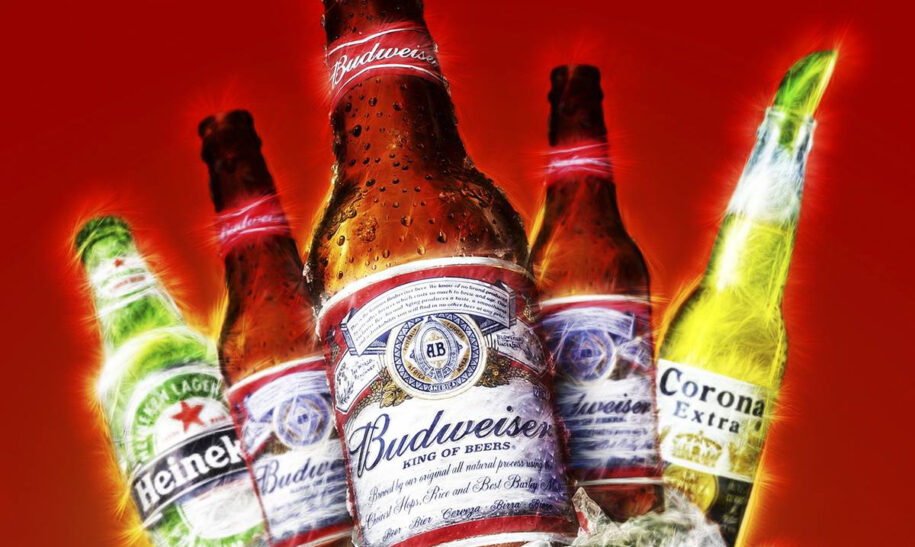








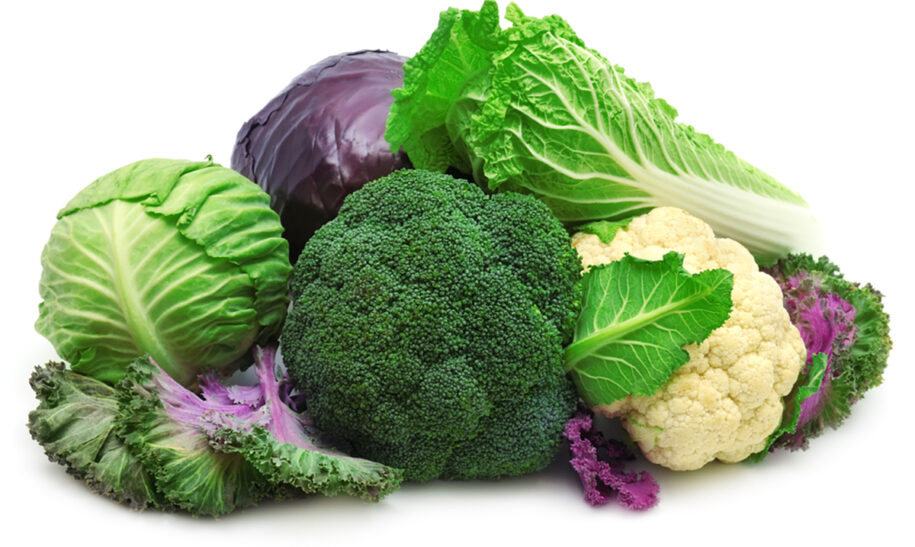


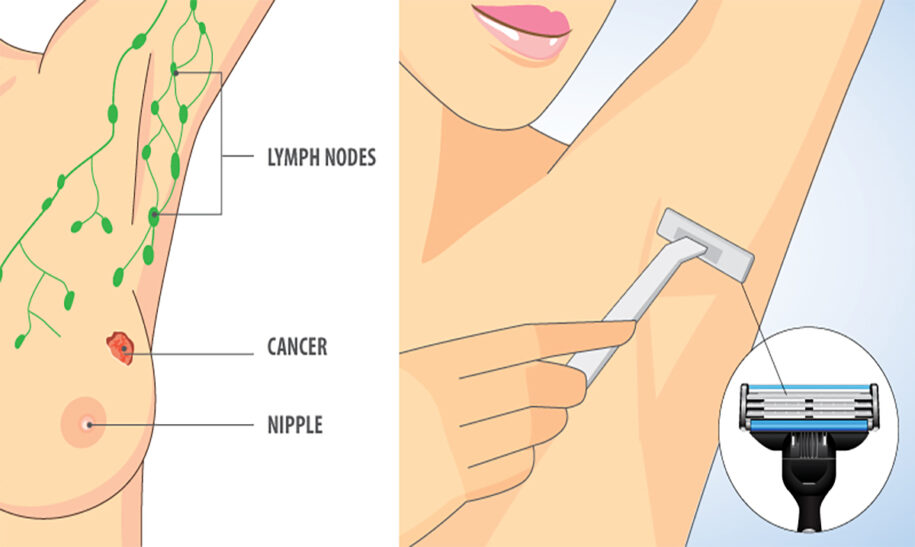
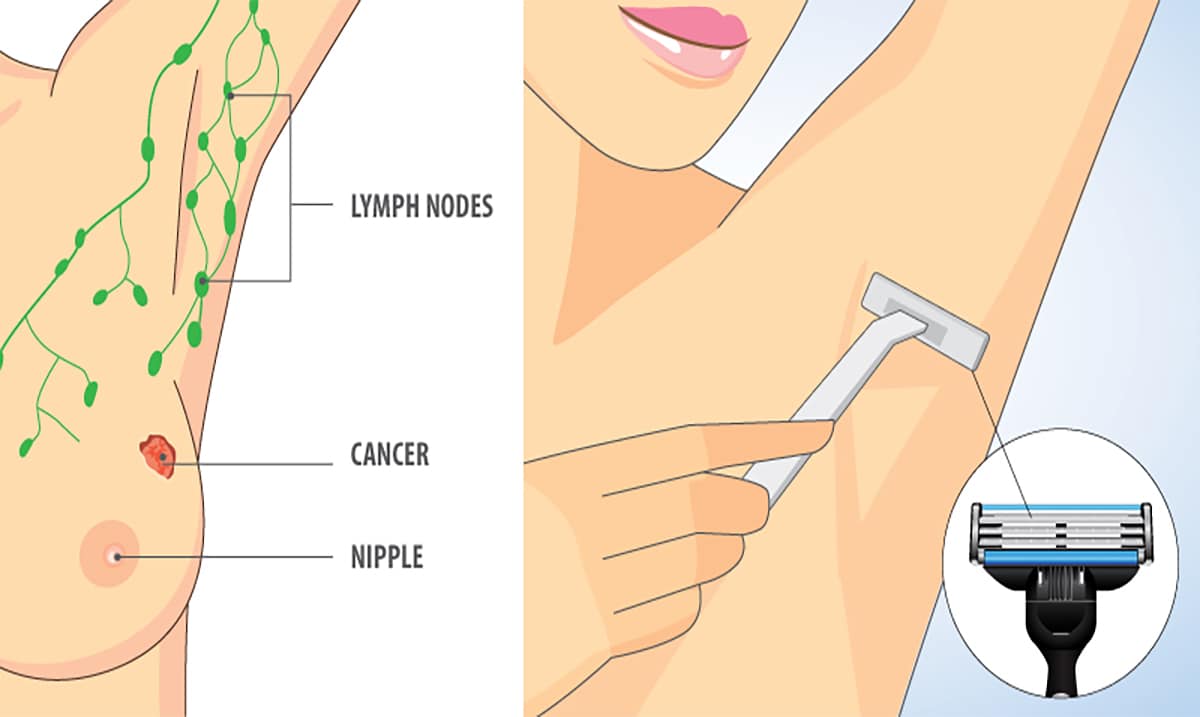 Razors might seem pretty harmless, and besides the fact that they’re extremely sharp blades, they are pretty user-friendly. At least that is what you would think. You have to be particularly careful choosing your razor
Razors might seem pretty harmless, and besides the fact that they’re extremely sharp blades, they are pretty user-friendly. At least that is what you would think. You have to be particularly careful choosing your razor